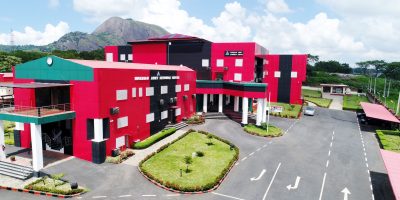Nigerian Army Resource Centre (NARC) Weekly Subject Experts’ Presentation was held at Hall B, TY Buratai Block, and Abuja.
The only presentation of the day was made by the Subject Experts covering Nigeria.
The first presentation was by Brig Gen MF Babayo subject expert for Nigeria. His presentation discussed on Federal Government plans to Subsidize electricity tariff with n900 billion by December 2023. The Federal Government of Nigeria (FGN) plans to subsidize electricity for Nigerians in December 2023 due to the current economic challenges in the country. As such, the FGN disclosed its intention on 10 November 2023 to spend over N900 billion before the end of December to subsidize the operations of the power sector. Globally, electricity is the most widely used and desirable form of energy. Hence, electricity availability is crucial for a sustainable development. As such, subsidies are generally implemented to promote consumption and production. The Nigerian Electricity Regulatory Commission (NERC) said the FGN incurred a subsidy obligation of N135.23 billion on electricity in the second quarter of the year. The application of a fair tariff for electricity pricing is aimed at controlling demand and promoting sustainability by motivating homeowners to use household appliances as well as heating and cooling systems that offer increased energy efficiency.
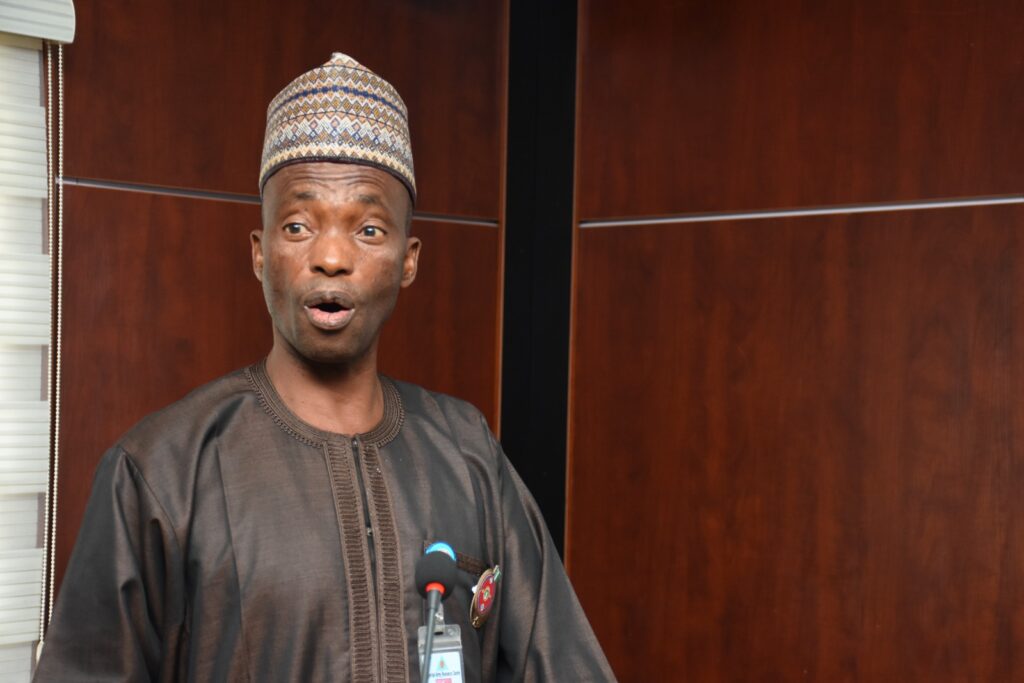
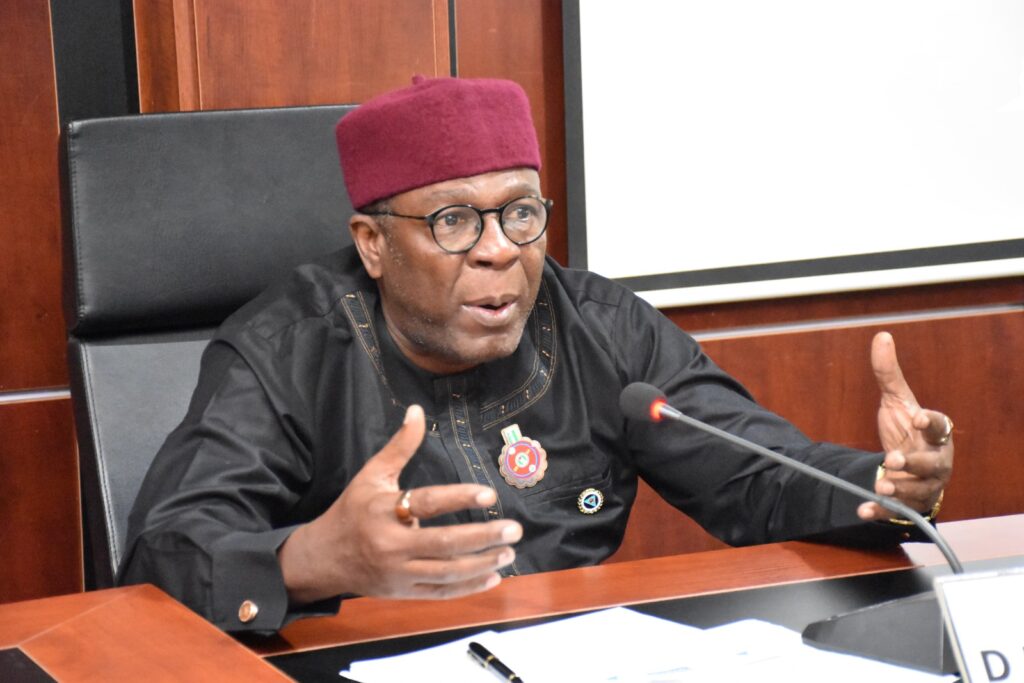
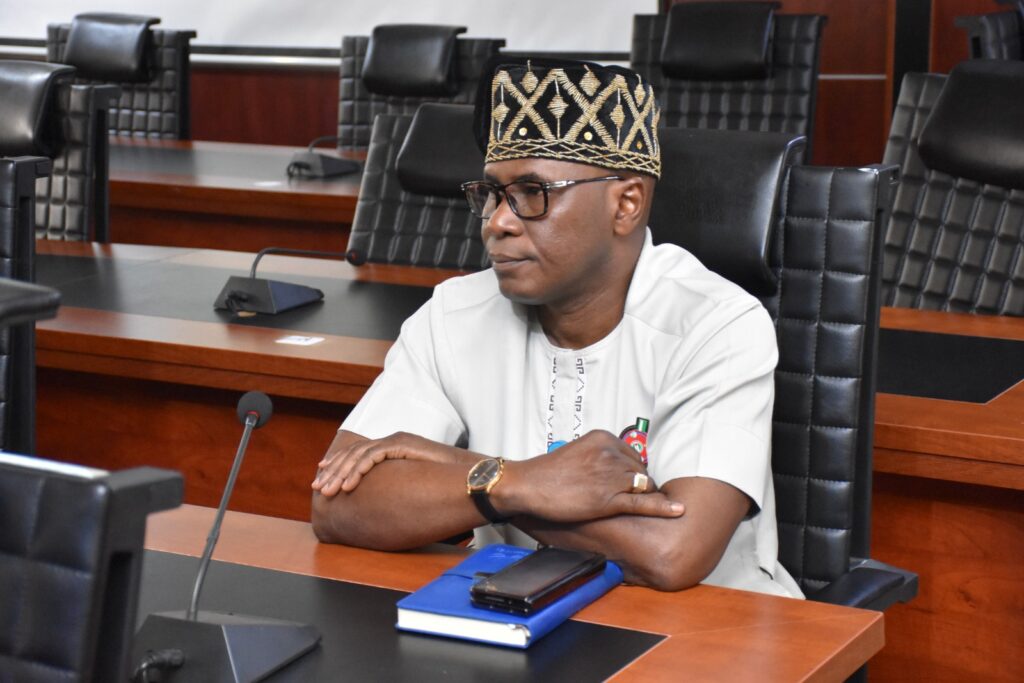
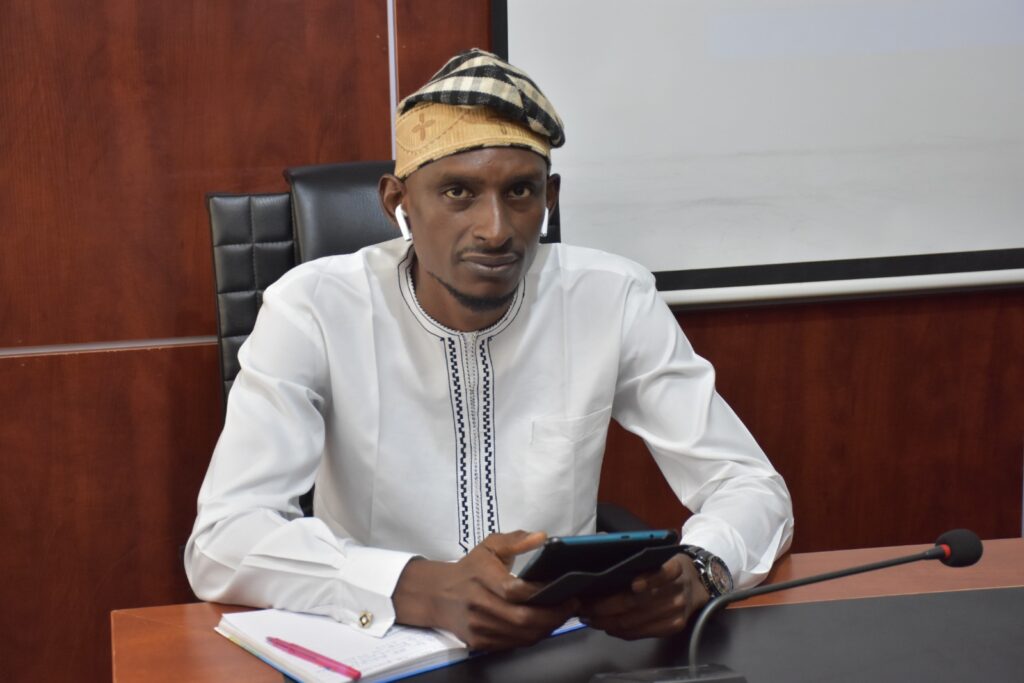
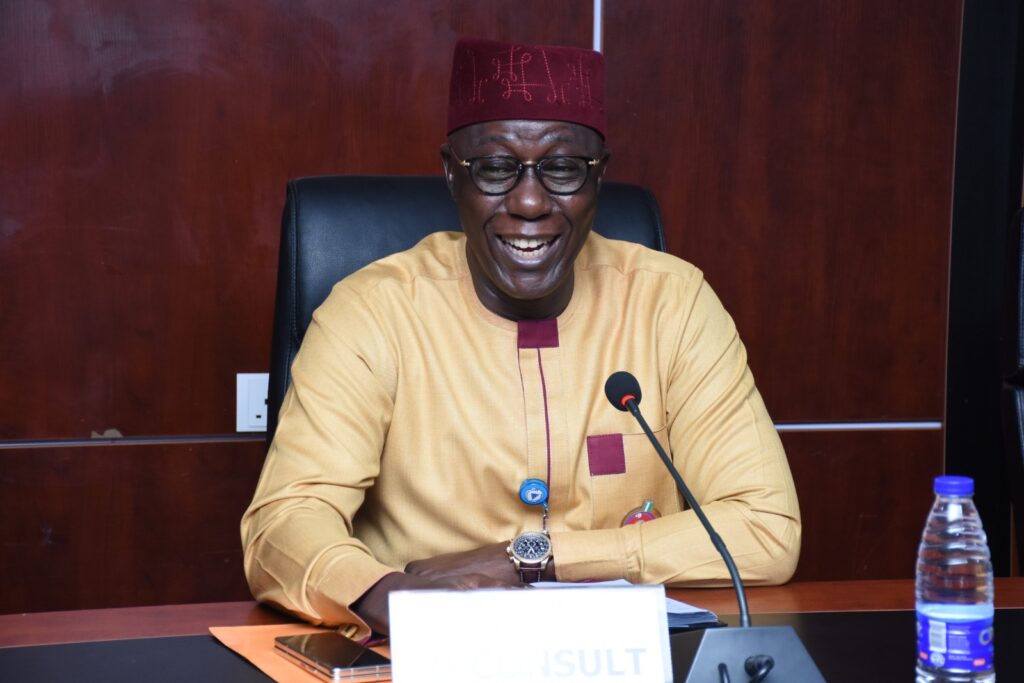
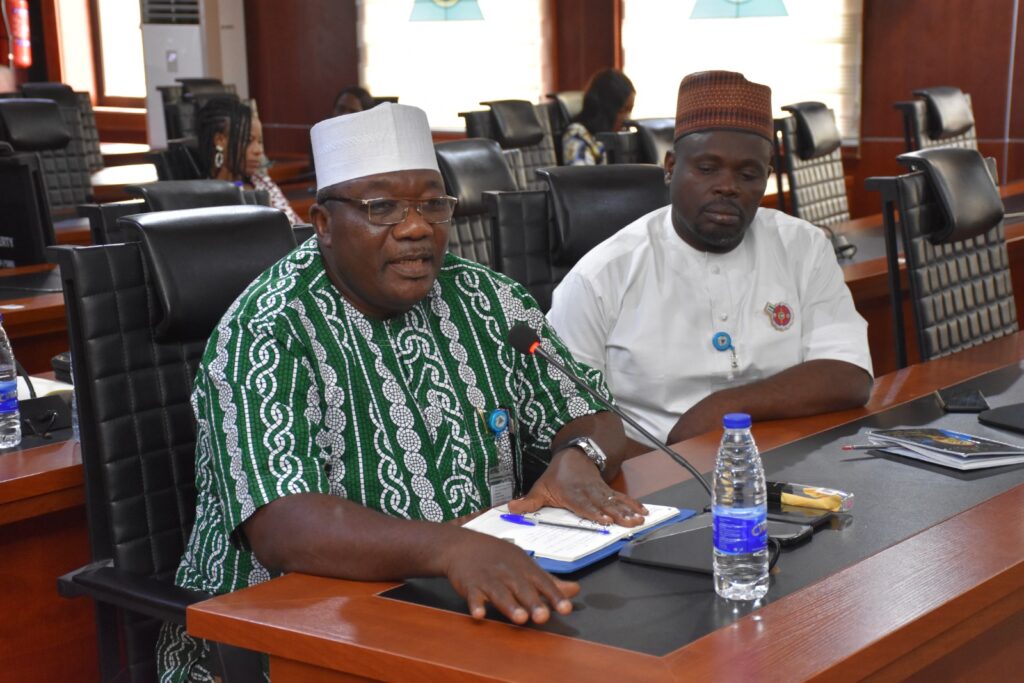
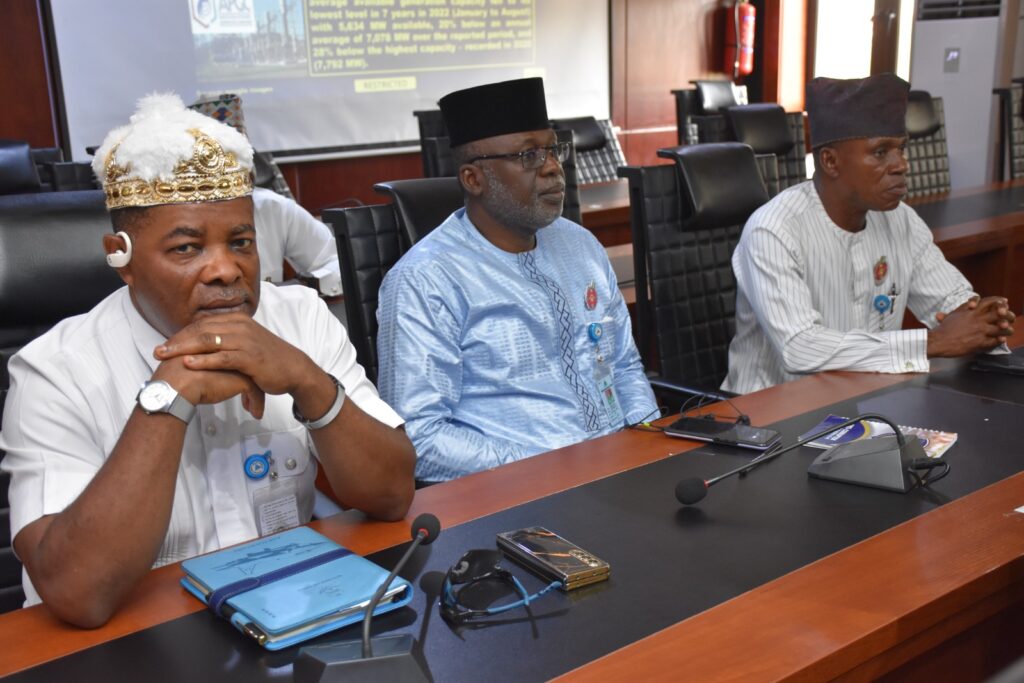
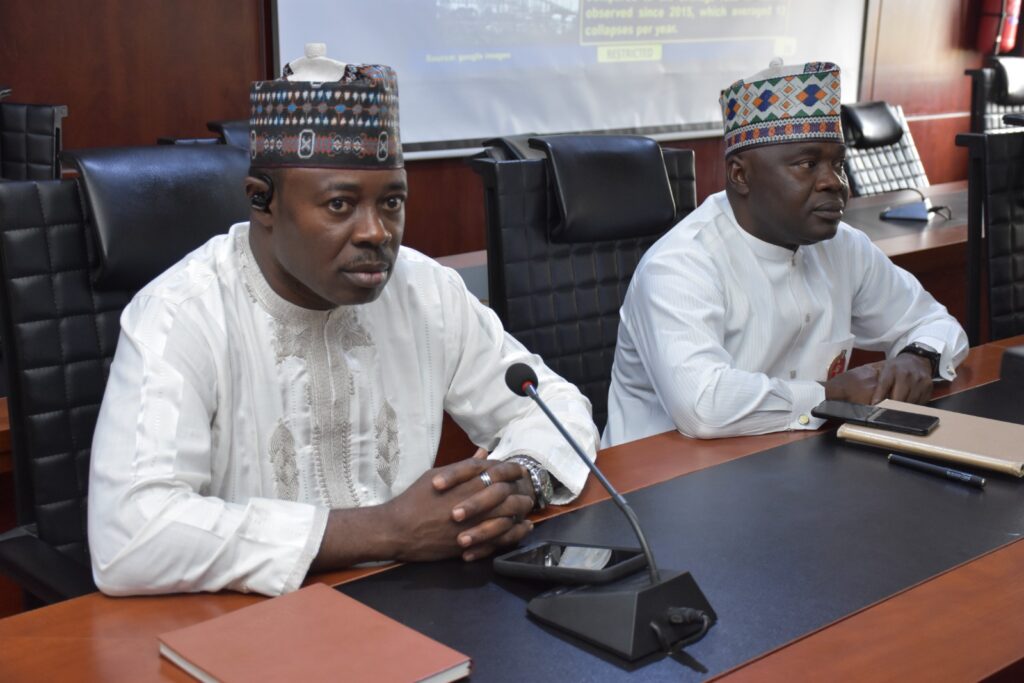
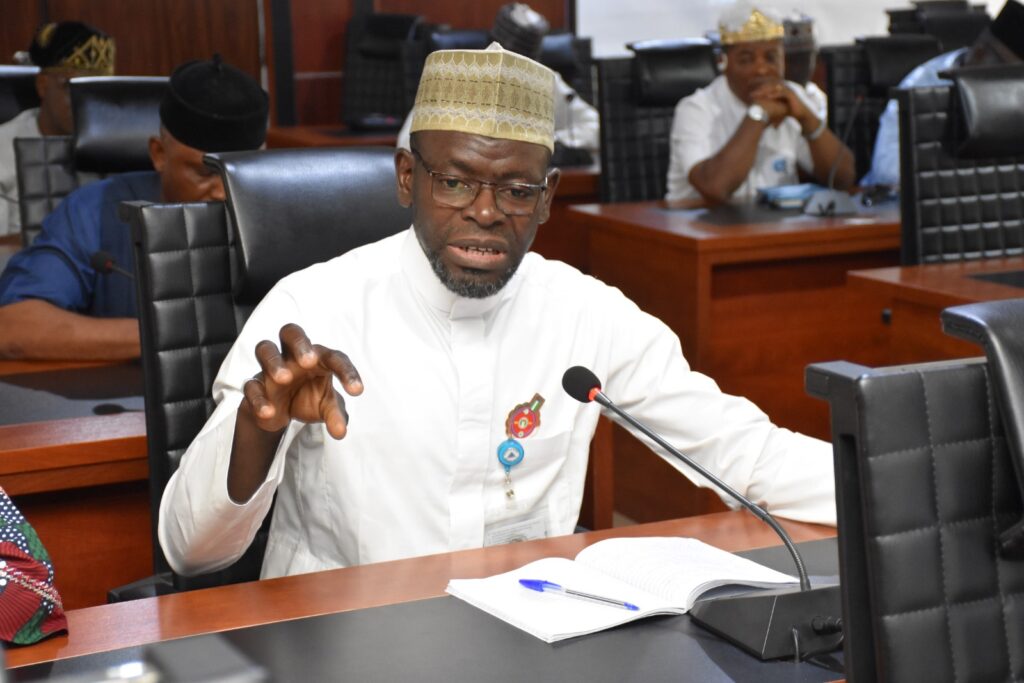
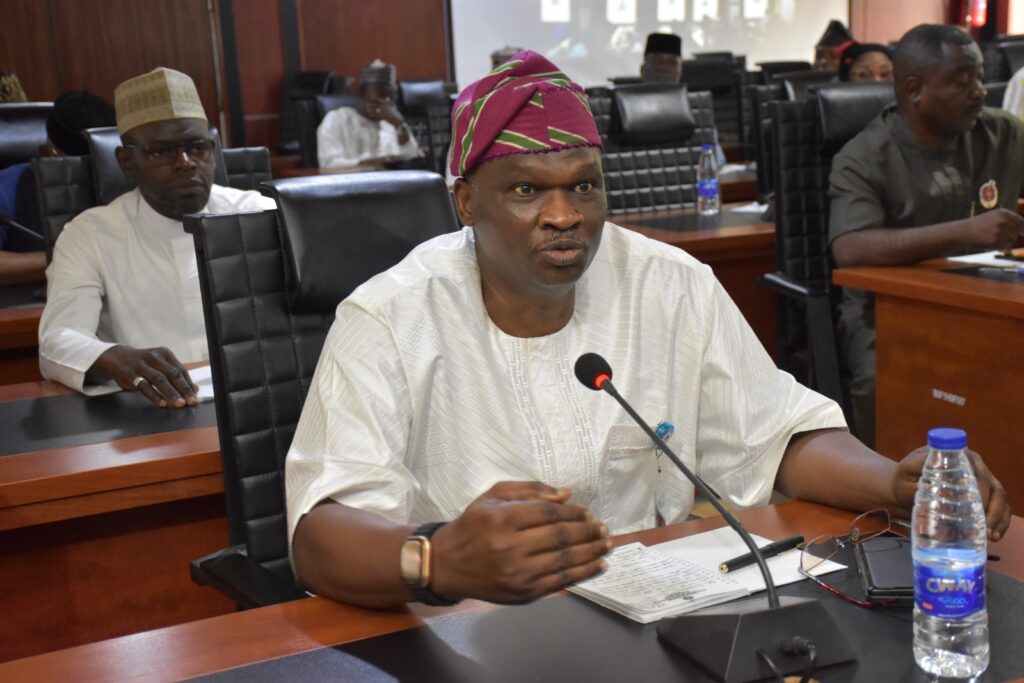
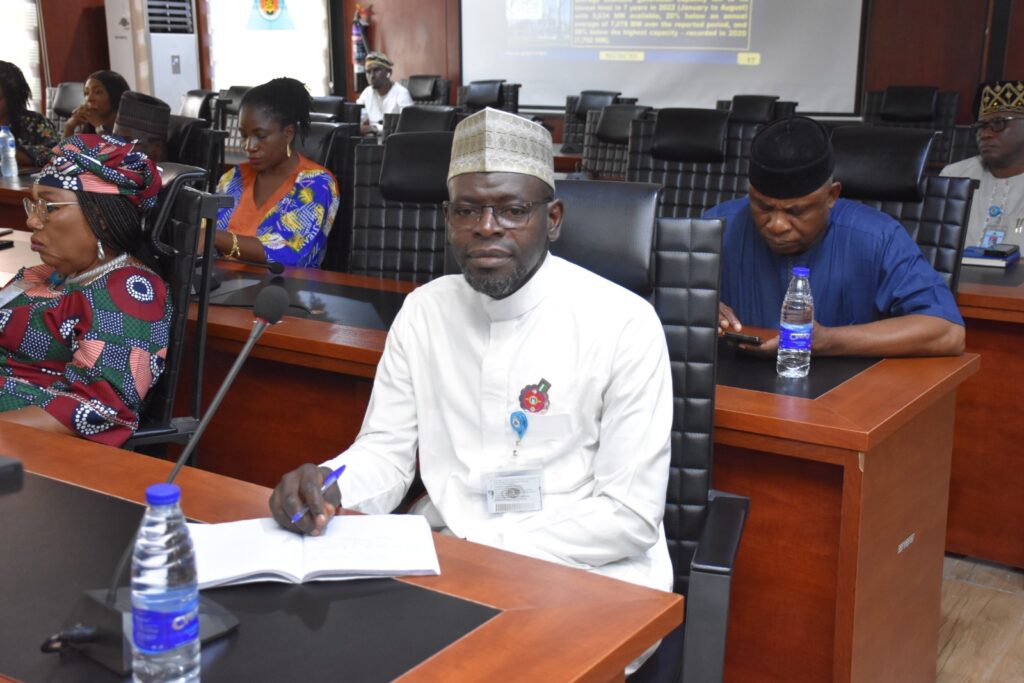
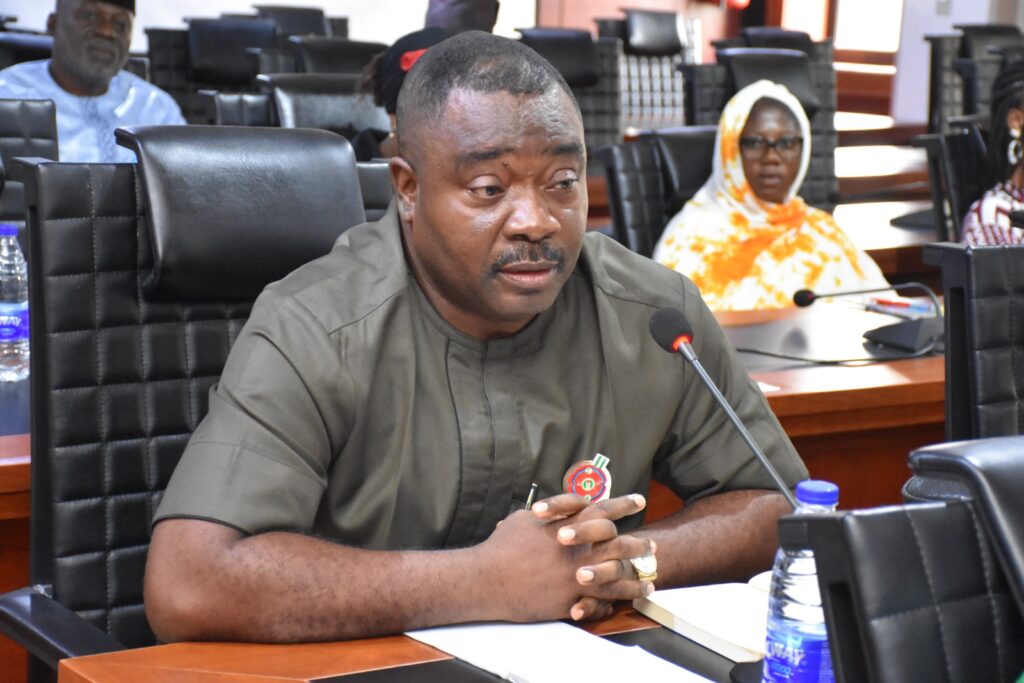
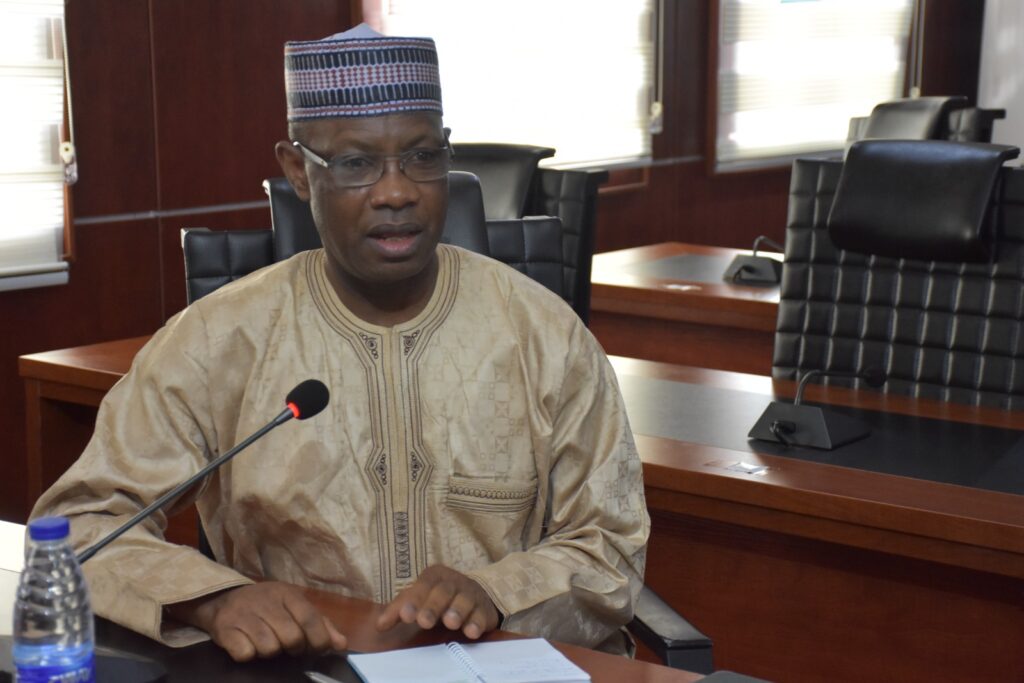
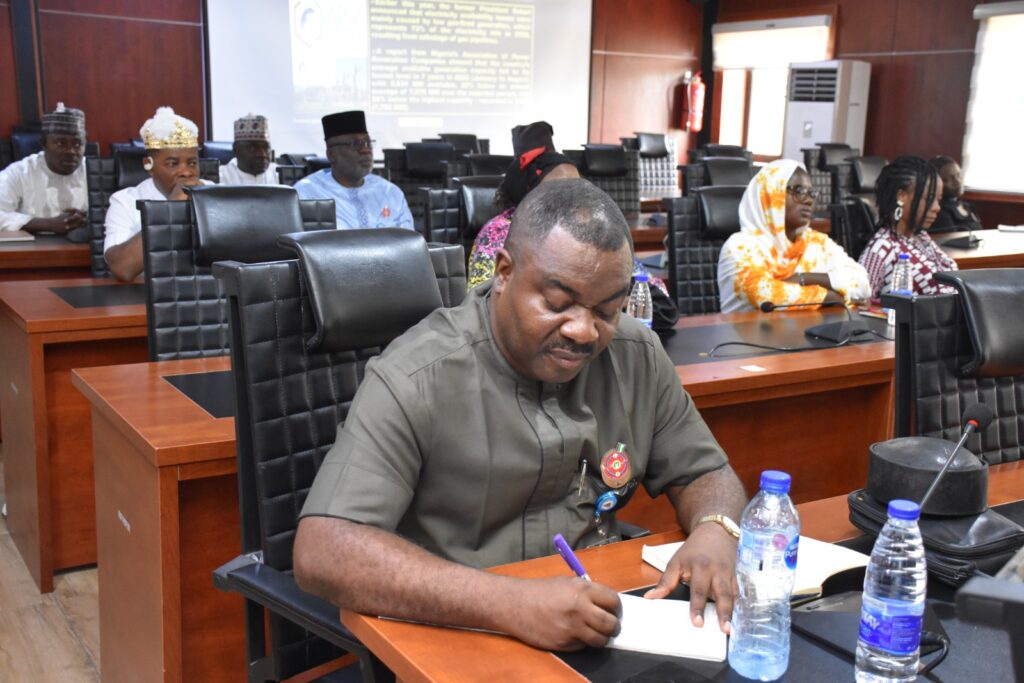
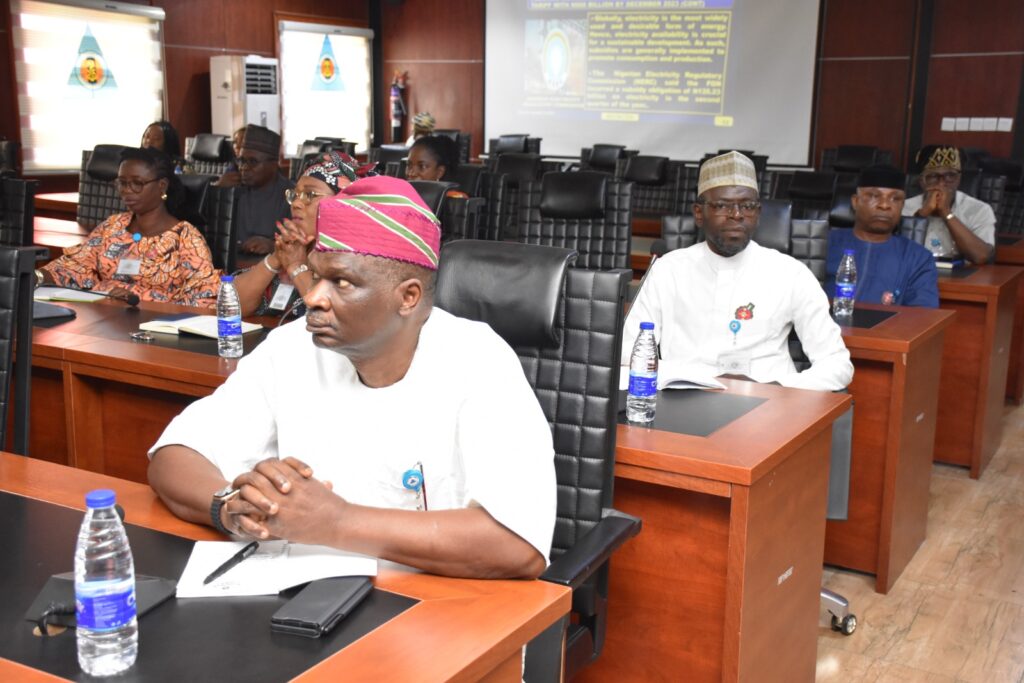
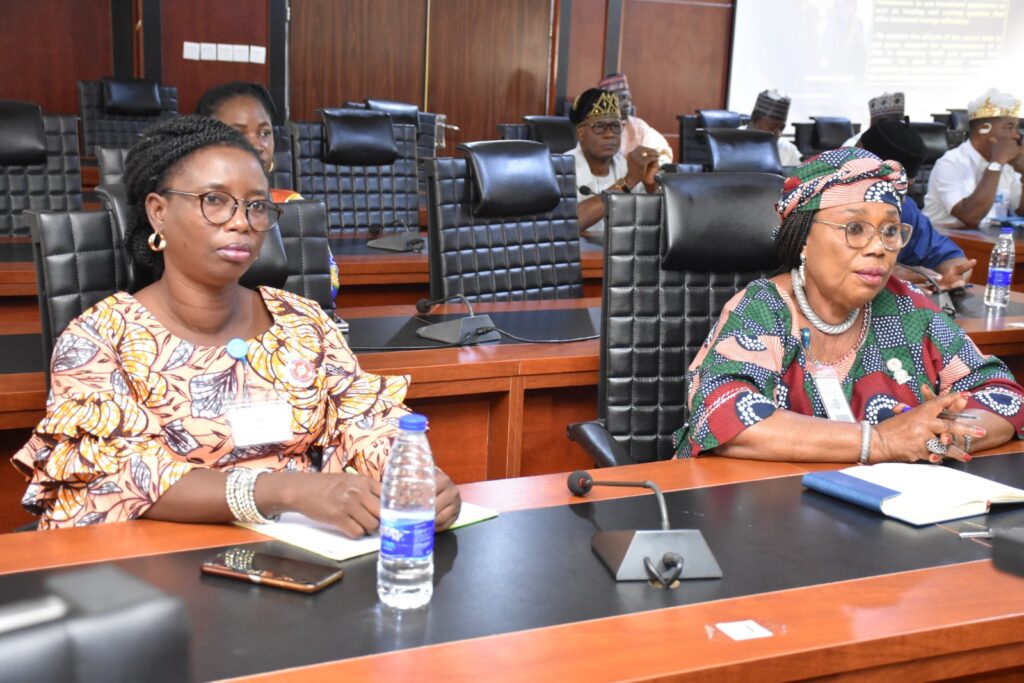
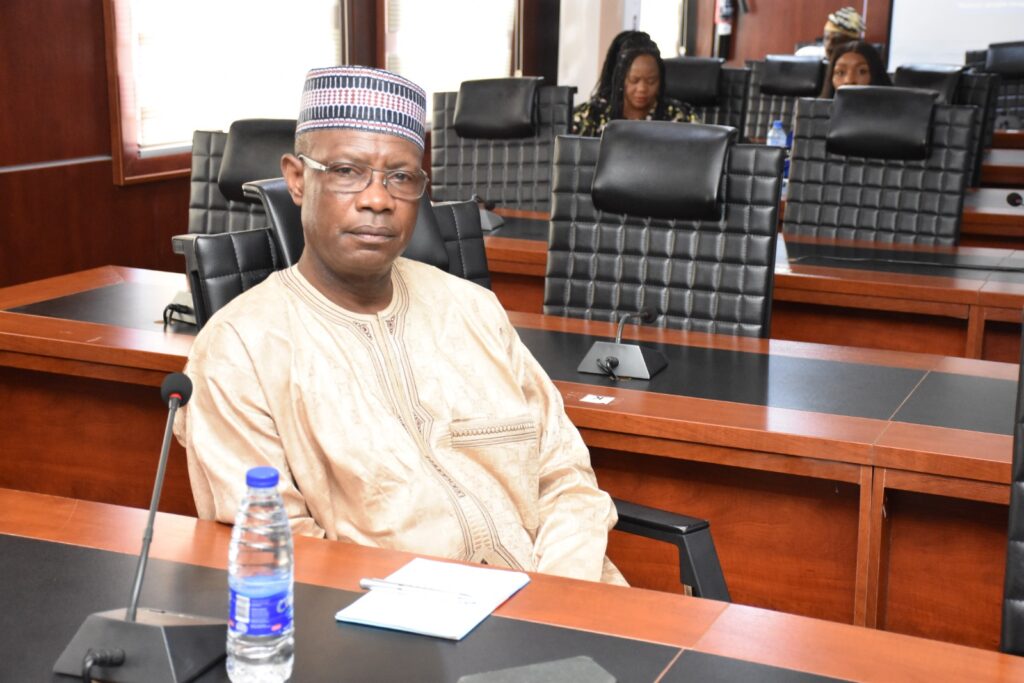
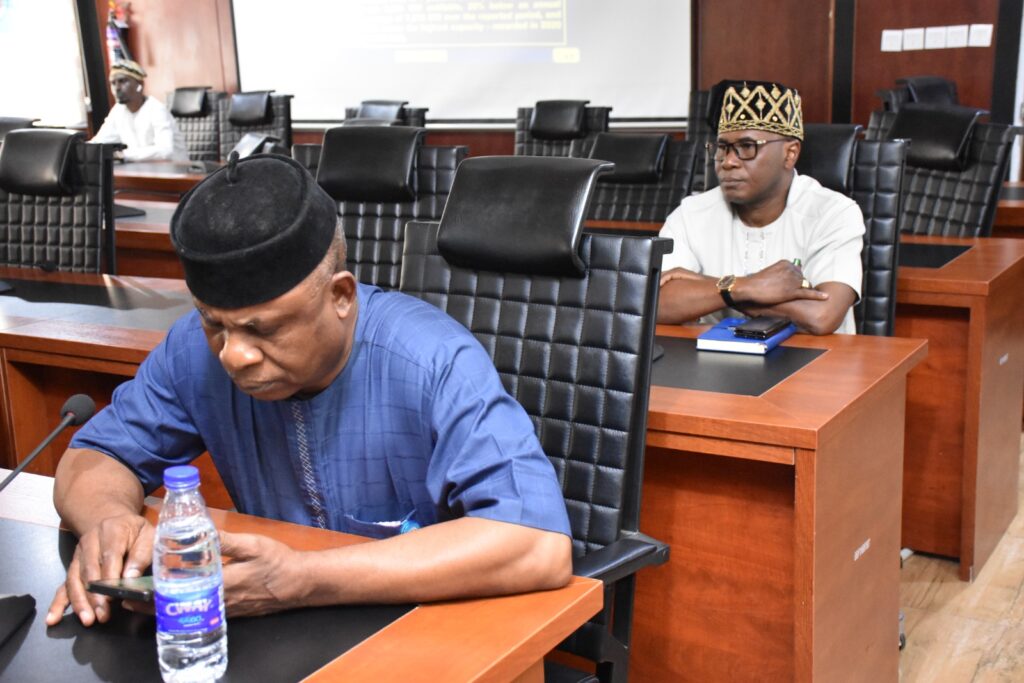
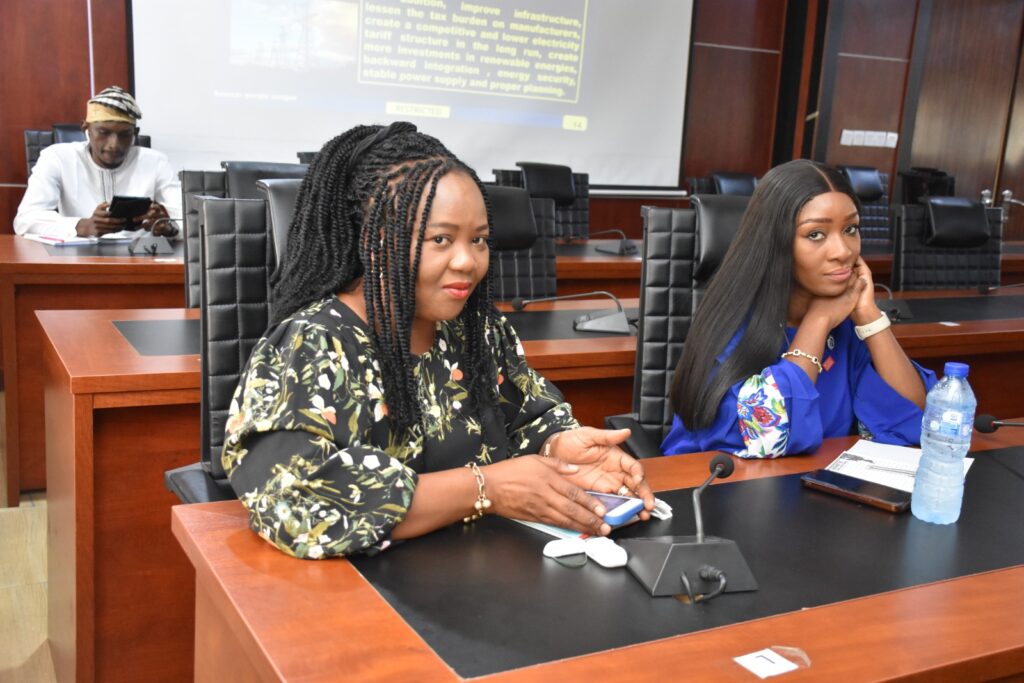
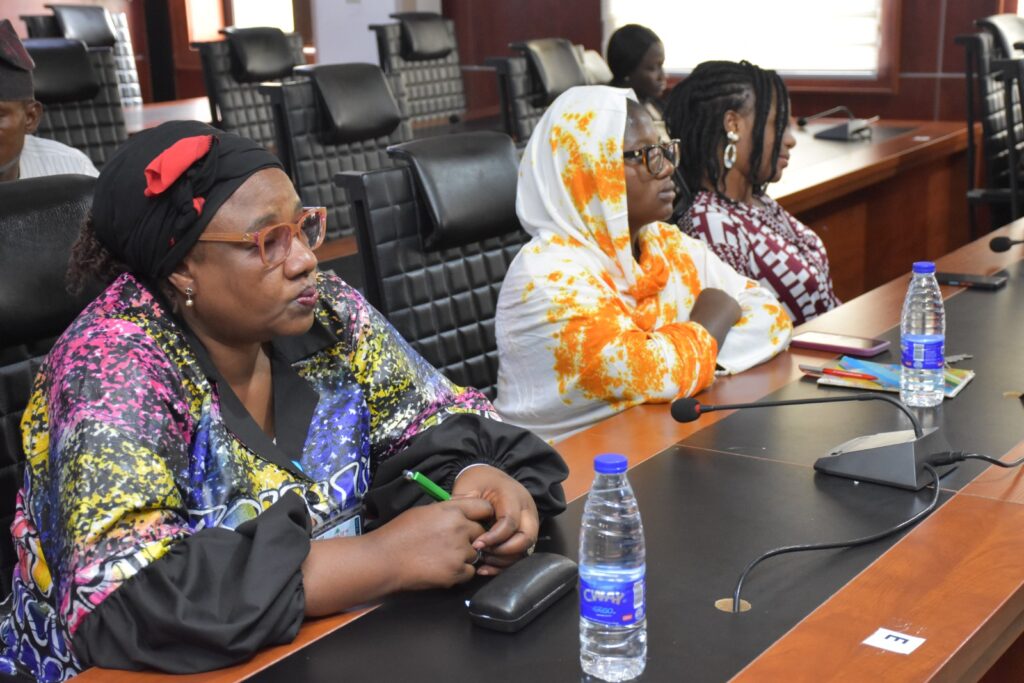
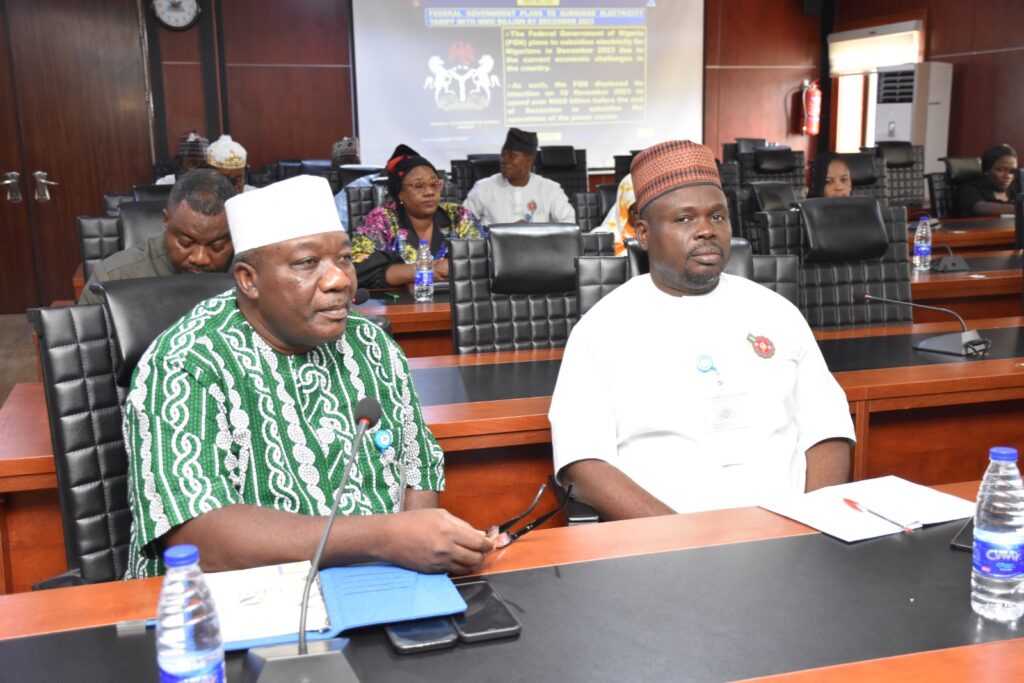
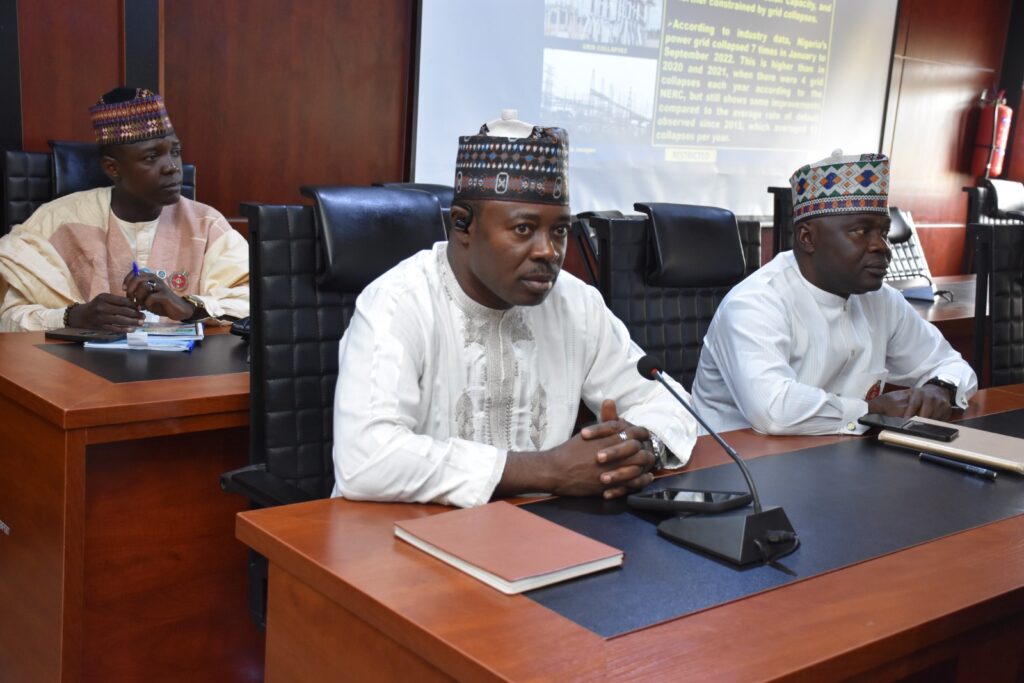
In his analysis and Lessons for Nigeria, Gen MF Babayo noted In Nigeria, access to electricity is hampered by insufficient available power generation and transmission capacity, and is further constrained by grid collapses. According to industry data, Nigeria’s power grid collapsed 7 times in January to September 2022. This is higher than in 2020 and 2021, when there were 4 grid collapses each year according to the NERC, but still shows some improvements compared to the average rate of default observed since 2015, which averaged 13 collapses per year. Earlier this year, the former President Buhari announced that electricity availability issues were mainly caused by low gas-fired generation, which represents 73% of the electricity mix in 2022, resulting from sabotage of gas pipelines.
He recommended that the Nigerian Army Resource Centre should That a proper balance between tariff policy and losses reduction strategies is required for achieving a sustainable investment in electricity networks and also To take steps to minimize losses related to transmission and distribution of electricity as well as ensure customers pay their electricity bills.

